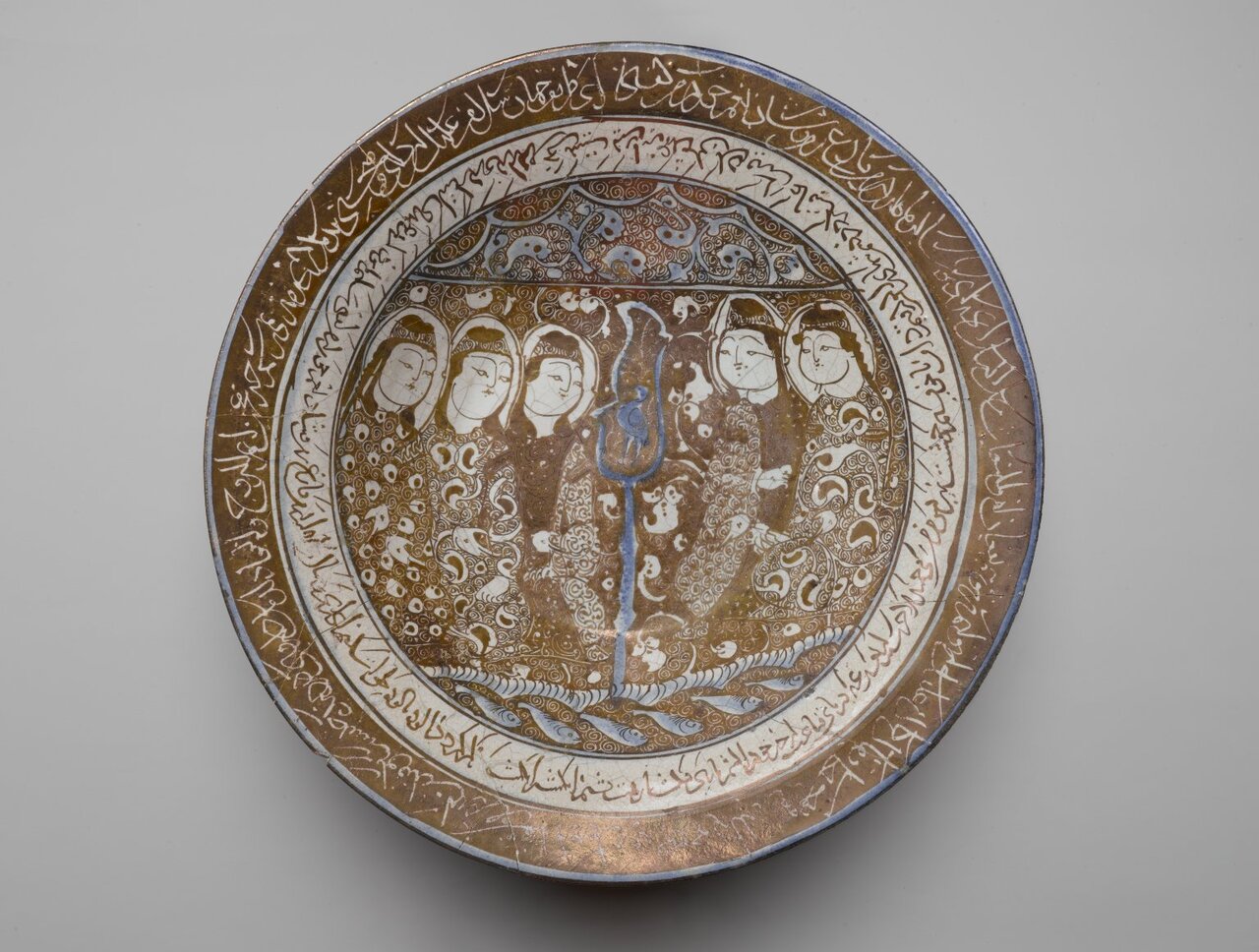Iranian commission for UNESCO to mark global recognition of three cultural treasures

TEHRAN - In a significant cultural event, the Iranian National Commission for UNESCO is set to celebrate the global registration of three exceptional historical and cultural document series.
Listed in UNESCO’s Memory of the World, the separate series includes documents related to Iran's foreign relations during the Qajar period, documents from the shrine of Sheikh Safi al-Din Ardabili, and the collected works of the renowned poet and philosopher Rumi (in full Jalal al-Din al-Rumi)
On Sunday, Ali-Akbar Matkan, the Secretary General of the Iranian National Commission for UNESCO, emphasized the importance of preserving cultural heritage, stating that UNESCO's approach is to ensure that the world's documentary heritage belongs to everyone, should be fully preserved, and must be permanently accessible to all.
Matkan highlighted UNESCO's role in encouraging nations to strive for the preservation of their cultural heritage. He stressed that the inclusion of these collections in UNESCO's Memory of the World list signifies global recognition of Iran's rich and internationally acclaimed documentary heritage.
According to IRNA, the celebration event is scheduled to take place in February of this year in collaboration with the Institute for Political and International Studies, a foreign policy think tank based in Tehran affiliated with Iran's Ministry of Foreign Affairs.
Elsewhere in his remarks, Matkan expressed hope that this celebration would transform the safeguarding of documentary heritage into a national priority. He anticipated that promotional and educational initiatives would be undertaken to promote a sense of responsibility and guardianship of the documentary heritage among all Iranians.
According to the UN cultural body, the Memory of the World Programme aims to facilitate the preservation of the world's documentary heritage, particularly in areas affected by conflict and/or natural disaster; enable universal access to documentary heritage worldwide; and enhance public awareness about the importance of documentary heritage among the wider public.
AFM